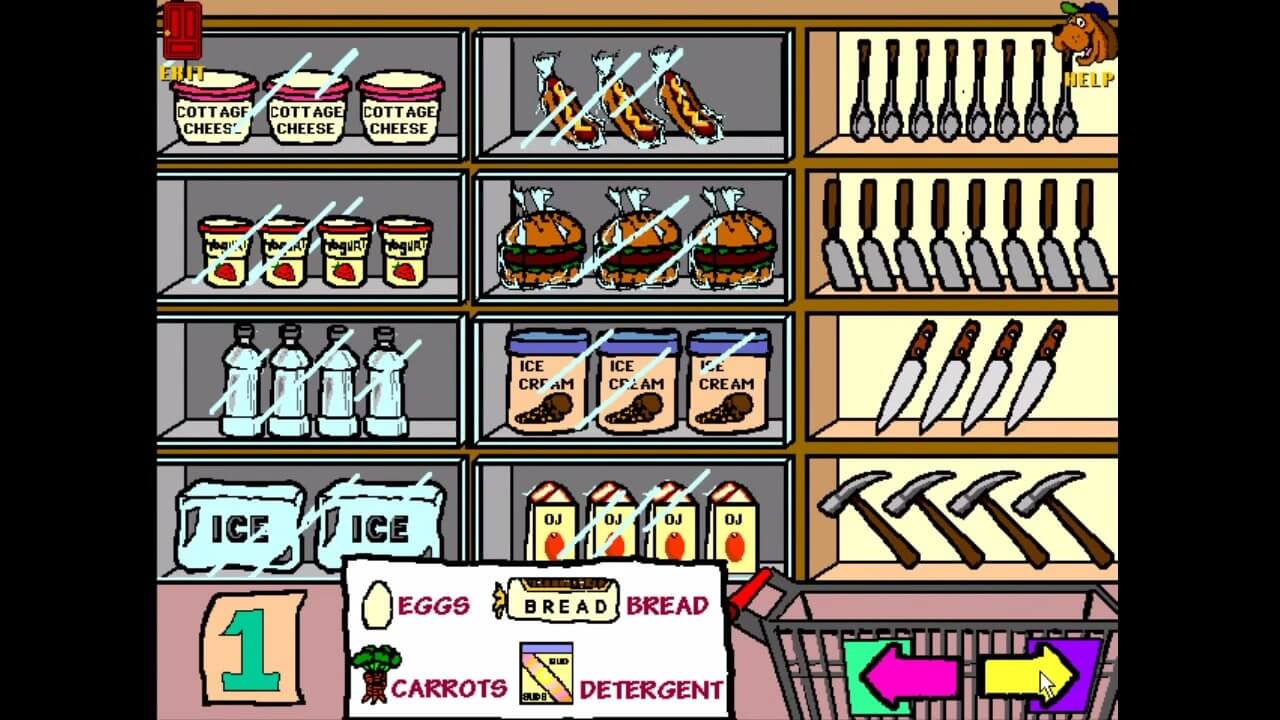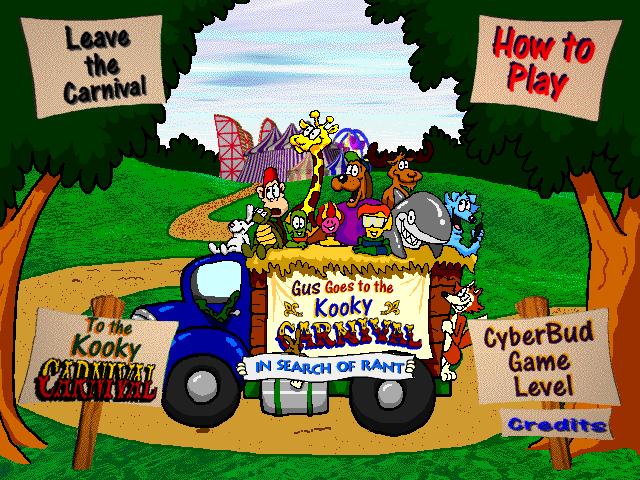

This paper views the case of the virtual chicken wars from three different ethical perspectives: as a resource dilemma, as providing an argument from moral and psychological harm, and as a case in which just war theory can be applied. All of these virtual world phenomena, from the interactive role-playing of virtual farmers to the social, political and economic repercussions within and beyond the virtual world, can be examined with a critical focus on the ethical ramifications of virtual world conflicts.

Neighbors of chicken farmers complained of slow performance of the simulation and some users began terminating the chickens, kicking or shooting them to death. Not long after the release of the virtual chickens, a number of incidents occurred which demonstrate the negotiated nature of territorial and normative boundaries. Markets determine the value of eggs and, ultimately, the flock that one has accumulated. When chickens lay their eggs, the color scheme is important for determining their age - scarce eggs (rare colors) are worth more on the egg-trading market. This development led to the mass adoption of chicken farms and large-scale trade in virtual chickens and eggs. It required food and water to survive, was vulnerable to physical damage, and could reproduce. In 2008, a resident of a computerized virtual world called Second Life programmed and began selling a realistic virtual chicken.

No unsurprisingly, ethical dilemmas have developed within the context of these interactions. 1 Running head: A CASE STUDY OF ETHICS IN VIRTUAL REALITY Chicken Killers or Bandwidth Patriots? A Case Study of Ethics in Virtual RealityĢ Abstract Virtual reality has developed to the point where millions of people across the world are now engaging one another in social interactions ranging from games to learning and pleasure to business in virtual worlds.


 0 kommentar(er)
0 kommentar(er)
